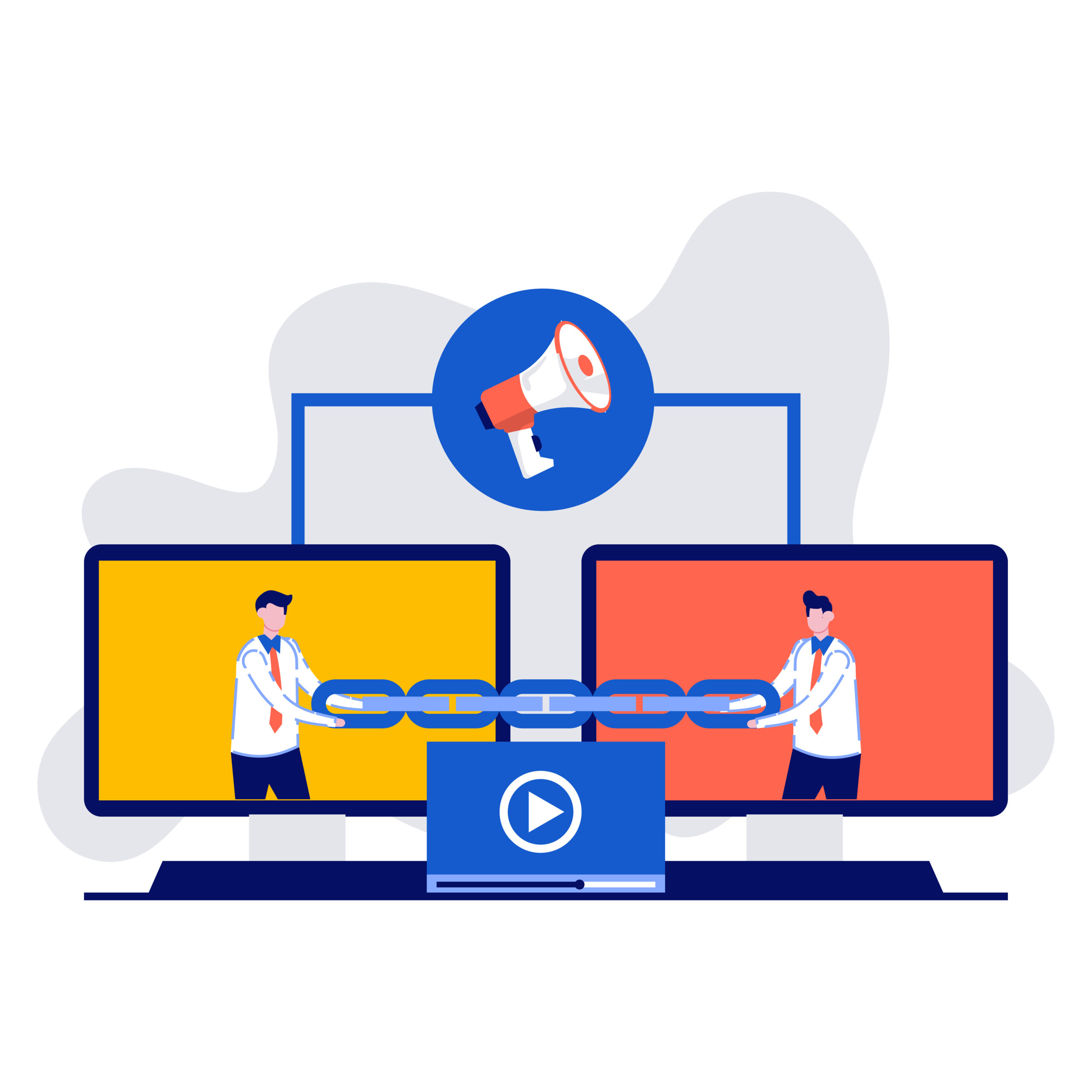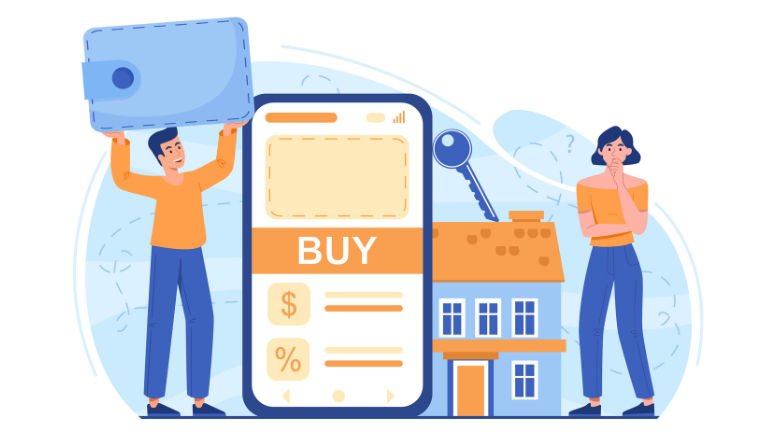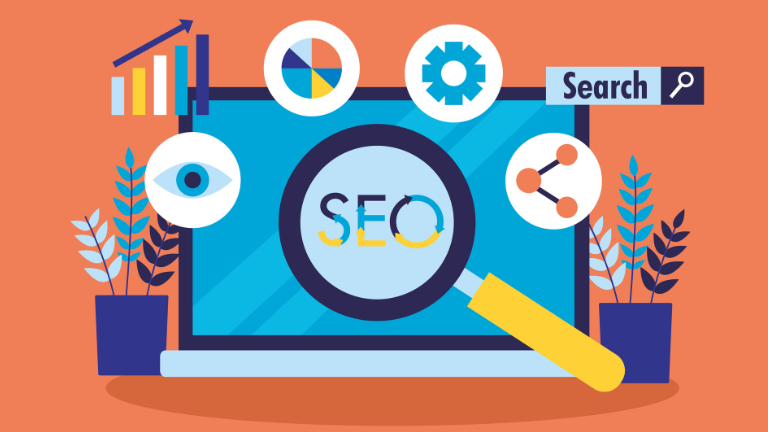“The best marketing doesn’t feel like marketing.” – Tom Fishburne
Today, digital marketing is constantly evolving and every company is vying for a chance to grab the coveted ‘numero uno’ ranking in Google. For this, companies often look for ways to improve their search visibility and drive more traffic to their website.
Two leading methods that drive traffic to a site include Google paid search and organic traffic. Each has its share of advantages and drawbacks.
But which approach is better for your business?
Let us discuss the basics of both these strategies and how they can be used to shape the success of your digital campaigns.
Understanding Paid Ads and Organic Traffic
What are Paid Ads?
Paid ads, or paid search or paid advertising, are a form of digital marketing where businesses pay to display their ads on search engine results pages (SERPs) or other platforms. Google paid ads, for example, appear at the top of search results with a small “Ad” label.
Paid search marketing, or pay-per-click (PPC) advertising, is like putting up a billboard on the internet highway. Here’s how it works:
- You create an ad for your business.
- You choose specific words or phrases (keywords) that relate to your ad.
- When someone searches for those keywords, your ad pops up.
- If they click on your ad, you pay a small fee. Hence the term ‘pay-per-click’
Google Ads is the big player in this game. Google paid search works like an auction where businesses bid to have their ads shown. But it’s not just about who bids the highest.
Google also looks at:
- How relevant your ad is to what people are searching for?
- How often people click on your ad (click-through rate)?
- How good the webpage is that your ad leads to (landing page quality)?
What is Organic Traffic?
Organic traffic, on the other hand, refers to visitors who land on your website through unpaid search results. This type of traffic is generated through search engine optimization (SEO) efforts, which aim to improve your website’s visibility in organic search results. Organic search is all about making your website naturally appealing to search engines like Google.
Here’s how organic search usually works:
- You create great content on your website.
- You ensure your website is easy to use and works well on mobile devices.
- You build relationships with other websites to get them to link back to you.
- Over time, search engines start to see your website as valuable and show it higher in search results.
Google’s algorithm for organic search is like a picky food critic. It considers many factors to decide which websites to show first, including:
- The quality and relevance of your content.
- How other websites link to you (backlinks).
- How easy your website is to use?
- How well your website works on smartphones and tablets?
Both paid search and organic traffic are important for a well-rounded online marketing strategy. Paid ads can give you quick visibility, while organic search builds long-term credibility.
Benefits of Paid Ads
1. Immediate Results
One of the most significant advantages of paid search marketing is the speed at which you can see results. As soon as your campaign goes live, your ads will start appearing in front of potential customers.
2. Targeted Reach
Google paid search allows you to target specific keywords, demographics, and locations, ensuring your ads reach the right audience at the right time.
3. Measurable Performance
Paid advertising platforms provide detailed analytics, allowing you to track your campaign’s performance and make data-driven decisions to optimize your ROI.
Benefits of Organic Traffic
1. Long-term Sustainability
While it takes time to build, organic search traffic can provide a steady stream of visitors to your website over the long term.
2. Cost-effectiveness
Once you’ve established strong SEO organic results, you will continue to attract traffic without ongoing ad spend.
3. Increased Credibility
Users often trust organic search results more than paid ads, which can lead to higher click-through rates and conversions.
Which Approach is Right for You?
The choice between paid ads and organic traffic isn’t always an either/or decision. Many successful businesses use a combination of both strategies to maximize their online presence.
Consider Paid Ads If:
- You need immediate results.
- You’re launching a new product or service.
- You want to target specific demographics or locations.
- You have the budget for ongoing ad spend.
Focus on Organic Traffic If:
- You’re looking for long-term, sustainable growth.
- You want to establish your brand as an industry authority.
- You have a limited budget for advertising.
- You’re willing to invest time in content creation and SEO.
Should businesses focus on organic search, paid search, or both?
Most businesses benefit from integrating both organic and paid search into their digital marketing strategies. For example, if you’re looking to promote a new service, paid search can quickly generate visibility and attract immediate interest. Meanwhile, organic search is ideal for boosting visibility for an existing product with steady but lower demand. Choosing between paid search and organic search depends on a business’s specific goals and budget. Paid search offers quick results and precise targeting, making it ideal for businesses with time-sensitive promotions or a larger budget. In contrast, organic search is a cost-effective, long-term strategy that helps improve visibility over time.
To determine which channel to use, start by defining your specific goals. Once you have a clear objective, choose the search method that aligns best with your goals. For example, a campaign to introduce a new service might include both a paid ad for instant visibility and an optimized service page to build long-term organic traffic.
However, as a digital marketer, you should also understand this:
A balanced digital marketing approach often combines both paid and organic search tactics. Organic search allows you to leverage the power of content marketing effectively. While content marketing supports paid search efforts by providing a destination for users who click on ads, its real strength lies in enhancing search engine optimization (SEO). Content created for SEO is often informational and educational, which resonates well with users.
Research shows that 70% of users prefer learning about companies through articles rather than ads. Additionally, 61% of users express a stronger preference for businesses that produce original content.
By focusing on organic search with a strong SEO strategy, your business can enjoy several advantages. You can expand your visibility in search results, create valuable content for your audience, and drive future actions like purchases, store visits, and quote requests.
Our Two Cents
In summary, a successful digital marketing strategy integrates both paid and organic search tactics while focusing on user experience and staying informed of industry trends. This approach helps businesses reach their target audience effectively, achieve higher returns on investment, and maintain a competitive edge in the market.
Want to create digital marketing campaigns that impact the right metrics and generate more ROI for your business?
Enter Gyaata Solutions!
Who Are We?
At Gyaata, we’re more than just a digital marketing agency – we’re your dedicated partners in growth. With a team of certified experts and a personalized approach, we create customized, data-driven strategies that elevate your brand’s online presence and deliver measurable results. From branding and content creation to inbound and outbound marketing, we offer a full spectrum of services designed to boost visibility, drive conversions, and increase revenue.
So, contact us today to let us know your needs and offer you a custom-made marketing strategy.












